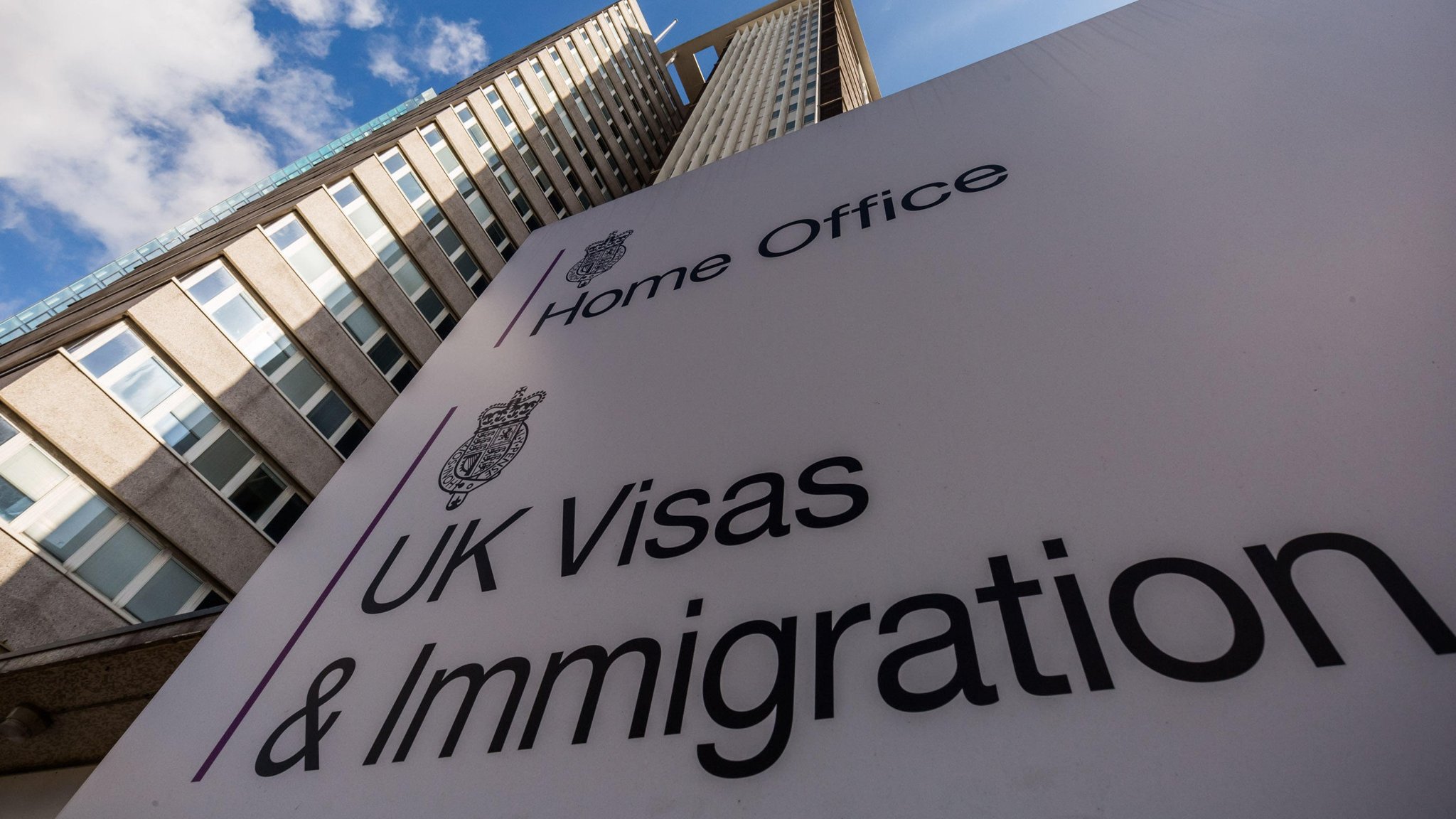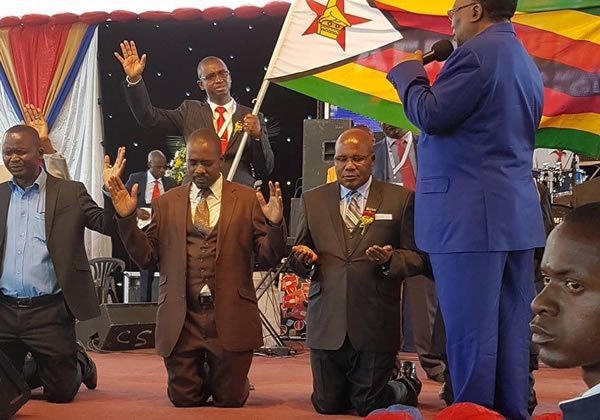I had taken a break to indulge in the festivities, like everyone else, but when I checked my inbox, I discovered quite a number of enquiries and I thought I would respond to the most common one. It might be the season of festivities, but politics in Zimbabwe has hardly taken a break.
by Dr Alex Magaisa
After the political tsunami that engulfed Zanu PF during the last quarter of the year, it looks like more plots and sub-plots have emerged. One issue that has arisen in the post-Congress period is the fate of politicians who were allegedly aligned to ousted Vice President Joice Mujuru. Already we have seen a purge of Ministers in two waves after Congress. The next target seems to be MPs suspected of being aligned to the former VP.
One province, Mashonaland Central is reported as having identified at least 9 MPs whom they want “booted out” of Parliament. The Herald reports that other provinces have similar concerns and plans regarding MPs who are similarly suspected of belonging to the “wrong basket”. Other media reports speculate that as many as 100 Zanu PF MPs may be facing this predicament.
The purpose of this note is to consider the legal aspects of this proposition. If the provinces identify the outcasts, can Zanu PF recall the MPs and cause their expulsion from Parliament?
The answer to this is that, yes, in terms of the Constitution, Zanu PF can cause their expulsion but there are key safeguards which the MPs can make use of or protect or at the very least, delay their fate. The situation is not quite as straightforward.
The relevant provision is s. 129(1) (k) of the Constitution, which provides that the seat of an MP becomes vacant, “if the Member has ceased to belong to the political party of which he or she was a member when elected to Parliament and the political party concerned, by written notice to the Speaker or the President of the Senate, as the case may be, has declared that the Member has ceased to belong to it”.
The effect of this provision is that the party seeking to “recall” an MP must first expel the MP, after which it must communicate the decision in writing to the Speaker of the National Assembly or the President of the Senate. The party can only at after the member has ceased to be its member – by resignation or by expulsion.
Since they are unlikely to resign, Zanu PF will have to expel the so-called outcasts and then write to Parliament to advise that they are no longer its members.
It is important to note however, that there are in-built safeguards designed to protect MPs from the tyranny of their political party. The provision seeks to balance a tripartite relationship between the political party, the MP and the people who have the power to elect. It recognises that if a person is elected on a party ticket, the person must represent the party’s interests and support its agenda. It also recognises that the MP, once elected has a legitimate expectation to serve out his 5 year term and has rights, as provided for under the Declaration of Rights. Finally, it recognises that the MP has to serve at least two key stakeholders, namely, the political party under whose umbrella he or she is elected and secondly, the people who are his electors. When people vote, they vote not only for the political party but also for the individual.
The supporters have a legitimate expectation that they will be served by that individual that they elected. In any event, an MP is required once elected to serve the interests of all persons in his constituency, whether or not they are his supporters.
There was an argument that being an MP must not be guaranteed job for 5 years but that there must be an incentive to deliver on his or her mandate and promises. Thus if an MP failed to deliver and the people were not pleased with his or her performance, it was argued that they ought to have the right to recall him or her and select another one. There was a lot of debate over this issue, with some demanding greater rights of recall to be given to the people and others wishing for better security of tenure for the MPs.
Here, I must add that in Copac, MPs were the predominant group that was involved in the constitution-making process. They had vested interests in the security of tenure for MPs. I observed some residual resistance across all parties, to the power of the people to recall MPs. It was a popular idea among the ordinary people but it was certainly not fashionable among the politicians who were making the constitution. Self-interest was an important consideration here. It is therefore not entirely surprising that the right of recalling non-performing or unwanted MPs is not as expansive and as broad as most people might have hoped.
The question was how do people register that they no longer want an MP to continue in office? Others suggest a petition signed by a minimum number of people in a constituency. This was rejected because it would simply give an opportunity for losing candidates to mobilise their supporters to recall the MP. Eventually, it was agreed that since most MPs are generally elected on party ticket, the political party would be the easiest and best agency through which an MP could be “recalled”. Hence, it was agreed that if an MP ceased to be a member of a political party under which he or she was elected, the party could write to Parliament and “recall” the MP.
There is an inherent safeguard for the MP in this procedure. The exercise of the power of recall automatically triggers a by-election. Since a by-election is unpredictable and may lead to loss of the seat, a political party would have to weigh the options very carefully before “recalling” one of its MPs. Unless the party is sure of reclaiming the seat or its member has clearly crossed the floor to another party, it may choose to stick with the MP and use other disciplinary measures.
The second safeguard for the MP is that the party can only write a letter of “recall” to Parliament with a declaration that the MP has ceased to be its member. In other words, the power of recall exists only when an MP has ceased to be a member of the party, not where he has merely been suspended. This is why even if Zanu PF suspended Chipinge legislator, Enock Porusingazi, it cannot recall him unless he has ceased to be its member.
However, every member of a political party enjoys procedural and substantive rights in respect of his or her membership to that organisation. A member of a political party can only cease to be a member of that entity in accordance with procedures laid down in the party’s constitution. If therefore, an MP is unhappy with the manner of his or her expulsion, he or she can approach the courts of law for protection. In this regard, it is worth mentioning that the Constitution of Zimbabwe provides for the right to fair administrative conduct (s. 68) and the right to a fair hearing (s. 69) and an MP who feels that he or she has been unfairly expelled from a party, can challenge that decision on these grounds.
The effect of all this is that if Zanu PF intends to make use of s. 129(1)(k) to “recall” its so-called deviant MPs, it will not be as straight-forward as some agitators of this action think as they are likely to face multiple legal challenges from the affected MPs. These challenges will delay any action, unless the courts are roped in to expedite the legal hearings.
In this regard, it is worth noting that the courts have not previously shown any appetite to expedite the dispute between the MDC-T and the MDC Renewal Team over the former’s attempt to also “recall” MPs elected under its ticket but now ply their political trade under the latter’s banner. The MDC-T had threatened and written to the Speaker, arguing that certain MPs had ceased to be its members, but the Speaker washed his hands and said it was not a matter for him to resolve but one for the courts of law. It is not clear what became of that matter but it is a reminder of what might happen should affected Zanu PF MPs decide to challenge attempts to expel them.
The affected Zanu PF MPs might, of course, decide to meekly submit, realising that the costs far outweigh the benefits of resisting. We have already observed how, apart from Didymus Mutasa, everyone affected by the 2014 political tsunami in Zanu PF has basically accepted their fate, hoping to live and fight another day, probably. Therefore, notwithstanding that they might have legal grounds to resist their “recall”, affected Zanu PF MPs may choose to protect the little they have managed to milk from the system rather than to fight back.
Politically, if the numbers of MPs being touted are correct, it seems these could be mass recalls, which could trigger a mini-General election. That is an issue that has to be weighed carefully by ruling party, considering the implications of such an eventuality. However, this is matter that needs to be tackled separately. This piece was focused squarely on the legalities surrounding the power of “recalling” deviant MPs. The power exists, but as we have observed, it is not straight-forward.
wamagaisa@yahoo.co.uk
This article was originally published at http://newzimbabweconstitution.wordpress.com/2014/12/29/can-zanu-pf-recall-the-so-called-deviant-mps/






